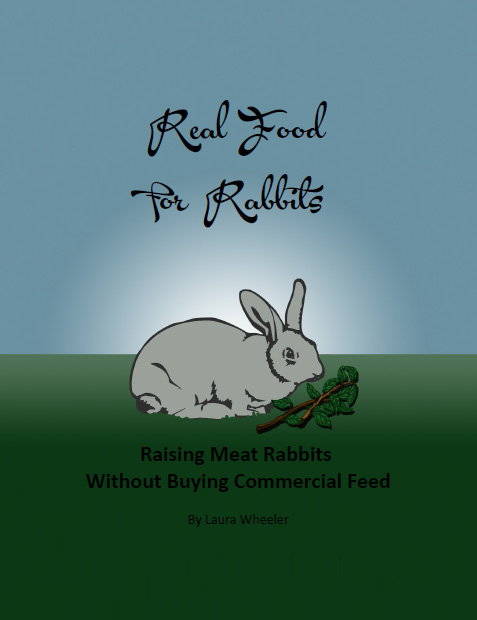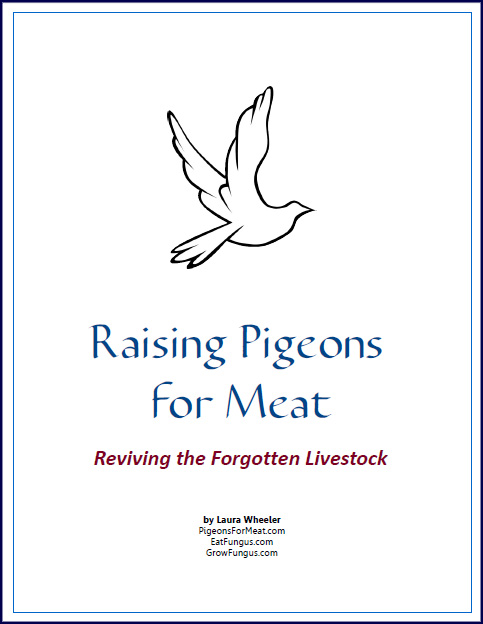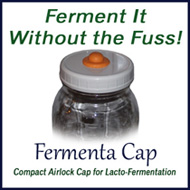Sheep
Feeding for the Breed
Many specialty breeds have issues with health, growth, survivability, fertility, productivity, and other problems. A percentage of those problems can be solved by adjusting feed.
When we talk about adjusting feed, we are not talking about buying a different brand, or adding supplements. We are talking about adding very specific food types that meet the need.
In our research into this issue, we've managed to isolate several factors which may be useful in aiding specific breeds in improving productivity, disease resistance, or survivability.
Vitamin A: Some poultry, and some cattle require higher vitamin A to produce well. This may affect fertility, survivability, or growth. Increasing Vitamin A is the first thing to try for poultry fertility issues.
Solution: Add orange or yellow vegetables to their diet.
Protein: Some animals require higher protein than others. This may affect growth, milk or egg production, and feather or fur development. Animals with long feathers or fur (fast growing fur), larger than average breeds, faster growing animals, and double muscled animals all require more protein.
Solution: For herbivores, increase legumes, or use sprouted grains. For carnivores or omnivores, vegetable sources usually won't be sufficient. Increase insect proteins, add butchering scraps to their diet, or use fish meal or other fish sources (a tank of tilapia may be helpful).
Animal Fats: Some omnivore animals, especially those without insulating hair or fur, and those with low fertility or low newborn survivability, may require an increase in animal fats, which contain a range of nutrients which may help in compensating for these problems. Animal fats are the best source of fat soluble vitamins and minerals for omnivores.
Solution: Hog lard, duck fat, chicken fat, tallow, and other forms of animal fats may be used. In general, it should be raw and un-rendered.
Fat Soluble Vitamins and Minerals for Herbivores: Some herbivores also require a higher than average amount of fat soluble vitamins and minerals, which can help in improving fertility, avoiding miscarriage, improving newborn survivability, and in increasing disease resistance or improving growth rates.
Solution: Black Oil Sunflower Seed, and Flax Seed are two of the best sources of fat soluble nutrients. They each contain different elements, so a fair amount of BOSS, and a small amount of Flax are good foods to add to the diet of your animals on an ongoing basis. Get what is cheap.
Water soluble vitamins: Some animals, including rabbits, poultry, and cattle, may have disease resistance issues due to insufficiency of specific water soluble vitamins.
Solution: Add fruit to their diet. Contrary to popular opinion, fruit is a needed component for virtually every animal, including rabbits and poultry. Up to 1/8 of their food can be fruit, and more during the summer. Root cellar some apples and dry some lower grade fruits for your animals for the winter. They will be healthier.
When animals are having long term problems, nutrition is an easy fix. The items above are those that are most likely to be an issue, because they are areas where commercial feeds usually skimp to save money.
Look for a natural food that they may not be getting enough of. Just like people, they need certain things.
Herbivores need fruits, vegetables and grains (including seeds, legumes, nuts, etc). They need multiple colors of food.
Omnivores need what herbivores need, plus animal proteins. That can come from meats, dairy, insects. The meats can be scraps, or bone marrow, and raw is best.
Nutrition can go a long way in solving pesky problems, even when they are thought to be breed specific.
 Click to Download Your Free Heritage Pickling and Culturing e-Book Now!
Click to Download Your Free Heritage Pickling and Culturing e-Book Now!
Instant Download, NO Registration Required!






